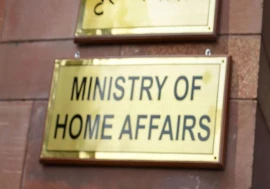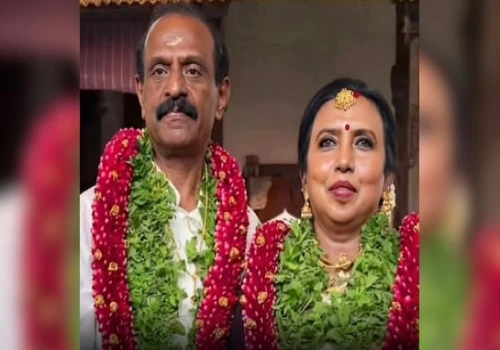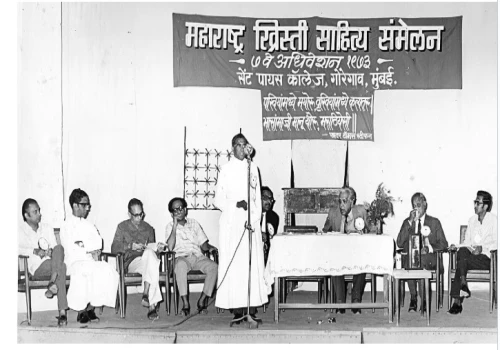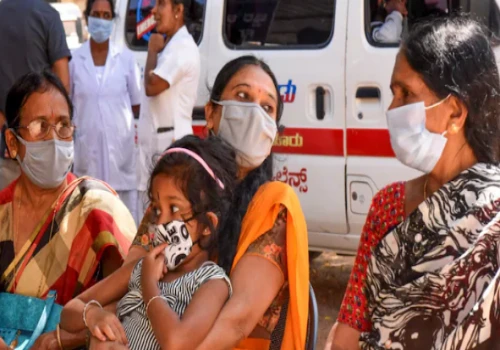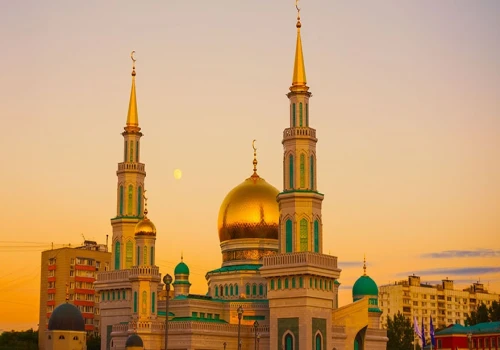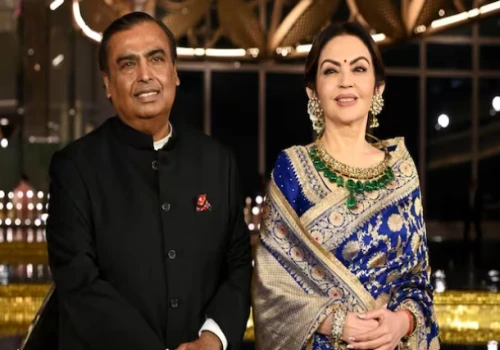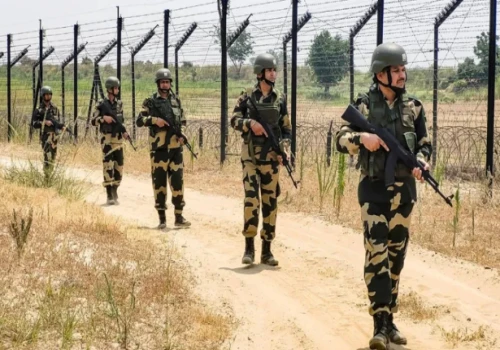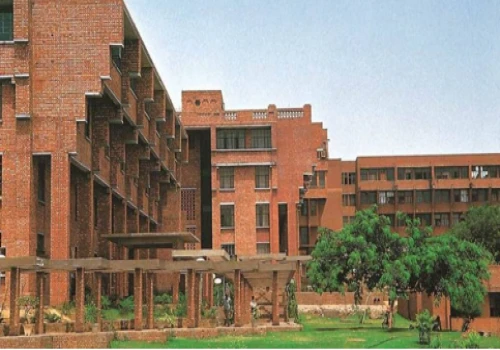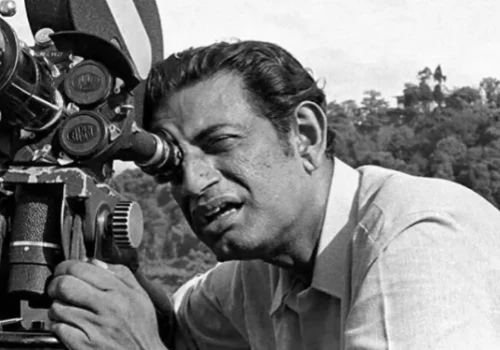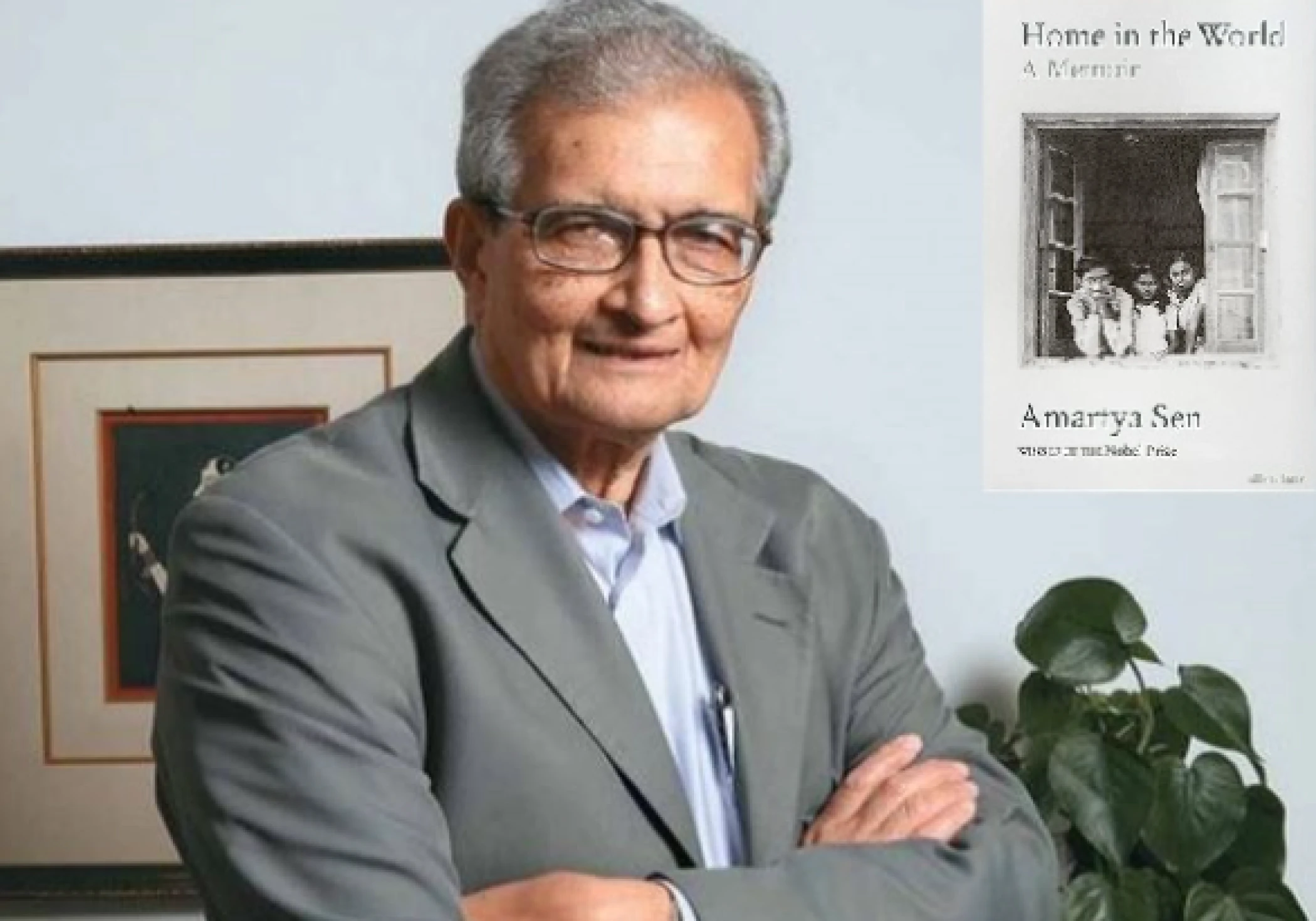
Amartya Sen, one of the most celebrated economists and philosophers of our time, is globally renowned for reshaping the understanding of poverty, development, and human freedom. A Nobel Laureate in Economics, Sen has challenged traditional economic thought and introduced powerful concepts like capability theory, focusing on what people are actually able to do and be, rather than merely income levels. His work continues to influence policymaking, social justice, and academic scholarship worldwide.
Early Life and Education
Amartya Kumar Sen was born on 3 November 1933 in Santiniketan, West Bengal, then British India. His father, Ashutosh Sen, was a professor of chemistry at Dhaka University, and his mother, Amita Sen, was a schoolteacher with progressive views. Sen grew up in the intellectually stimulating environment of Visva-Bharati University, established by Rabindranath Tagore, which had a profound influence on his academic and moral perspective.
He did his undergraduate degree at Presidency College, Kolkata, and subsequently migrated to the UK, where he took a degree in Economics at Trinity College, Cambridge. He subsequently earned his PhD under the guidance of some of the great economists of the time, including Joan Robinson and Maurice Dobb. His training, firmly based in both Eastern philosophy and Western economic theory, placed him in a unique position to integrate ethics and economics in his work.
Research Work and Major Contributions
Sen's work in academia has been in various fields such as welfare economics, social justice, political philosophy, development economics, and ethics.
Social Choice Theory
Sen gave new life to this area, first explored by Kenneth Arrow, by investigating how individual preferences may be combined to form collective decision-making. His work Collective Choice and Social Welfare (1970) was the first to merge economic theory and philosophy.
Poverty and Famines (1981)
In this groundbreaking book, Sen contended that famines are not brought about by a lack of food but by the inability to access food. He employed historical case studies to show that famine-hit areas tended to have sufficient food, but inadequate distribution and economic disparities resulted in widespread starvation. This changed the way policymakers perceive and react to food crises.
Equality of What? (1979)
This speech formed the basis of Sen's capability approach. He objected to the belief that income or utility might be the only welfare metric. Rather, he suggested the measurement of well-being by what people actually can do — their capabilities.
More than 100 Million Women Are Missing (1990)
Sen pointed to gender inequality based on evidence, demonstrating how millions of women were statistically "missing" because of sex-selective behavior and unequal availability of health care and nutrition. It brought to international attention issues of gender discrimination in South Asia, and other developing worlds.
Development as Freedom (1999)
Arguably his most influential work, it contends that development is not to be defined solely by GDP growth, but by human freedom. It was taken as a foundation of the UN's Human Development Reports and international development thinking.
The Idea of Justice (2009)
In this work, Sen leaves aside grand theories of ideal justice and turns to practical injustice and public reason as ways of attaining more just results.
Career
Sen has been a professor at several of the world's most distinguished institutions, such as the University of Oxford, Delhi School of Economics, London School of Economics, and Harvard University. He was the Master of Trinity College, Cambridge, from 1998 to 2004 — the first Asian to do so.
Memberships and Political Views
Sen is an honorary fellow in several academies, such as the British Academy and the American Academy of Arts and Sciences. He is also a member of international institutions like the UN Human Development Report Office. Politically, Sen has been a fierce critic of authoritarianism and religious fundamentalism. He has openly advocated secularism, democratic values, and inclusive development in India.
Personal Life and Beliefs
Amartya Sen has twice been married: first to Nabaneeta Dev Sen, a prominent Indian writer, who is the mother of his two daughters. He has then married Emma Rothschild, an economic historian. Sen is an atheist and profoundly under the influence of both Indian rationalist traditions and Enlightenment principles.
Awards and Honours
• Nobel Prize in Economic Sciences (1998) for contributions in welfare economics and social choice theory
• Bharat Ratna (1999), India's highest civil award
•National Humanities Medal (2011, USA)
•Many honorary degrees from institutions such as Harvard, Yale, and Oxford
Legacy
Amartya Sen's writings have radically transformed development thinking across the world. His thoughts resulted in the development of the Human Development Index (HDI) and have shaped international organisations' policies like the UN, World Bank, and NGOs. His integration of ethics, economics, and human rights has made him a colossus in both public life and academia.


